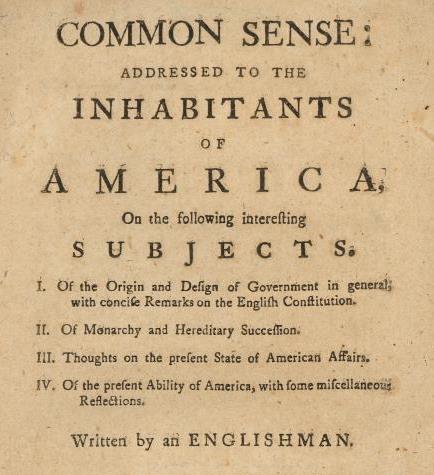“Toward An American Revolution”
Exposing the Constitution and Other Illusions
by Jerry Fresia
Fresia’s book provides additional insight into the Federalist Constitutional coup against the Articles of Confederation in the aftermath of Shay’s and the Whiskey Rebellions as discussed in our July 4, 2017 post, “America; A Short Story (ver 2.0)”.
Fresia leans radical left (Marxist class-based) but his historical review is equally supportive of a more libertarian (freedom-based) orientation.
Cent.
 Marker Denoting the First Anti-Federalist Rebellion by American Patriots
Marker Denoting the First Anti-Federalist Rebellion by American Patriots
Afraid to Reflect (excerpt)
Consider certain features of the lives of three men. The first was a very wealthy man. In l787, many considered him the richest man in
all the thirteen states. His will of l789 revealed that he owned 35,000 acres in Virginia and 1,119 acres in Maryland. He owned property in Washington valued (in 1799 dollars) at $19,132, in
Alexandria at $4,000, in Winchester at $400, and in Bath at $800. He also held $6,246 worth of U.S. securities, $10,666 worth of shares in the James River Company, $6,800 worth of stock in the Bank of Columbia, and $1,000 worth of stock in the Bank of Alexandria. His livestock was valued at $15,653. As early as 1773, he had enslaved 216 human beings who were not emancipated until after he and his wife had both died.
Continue reading ““Toward An American Revolution””





 Marker Denoting the First Anti-Federalist Rebellion by American Patriots
Marker Denoting the First Anti-Federalist Rebellion by American Patriots
